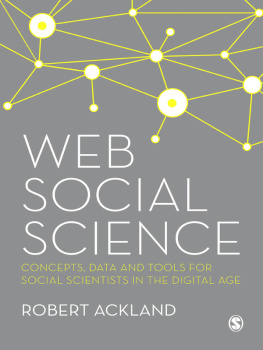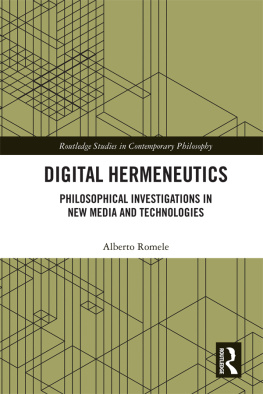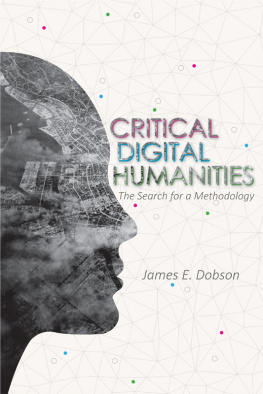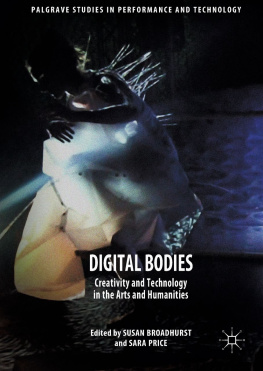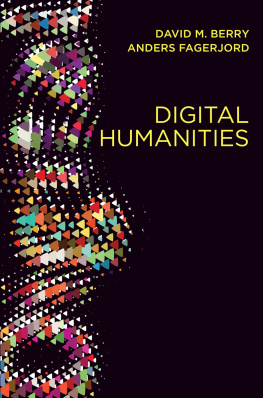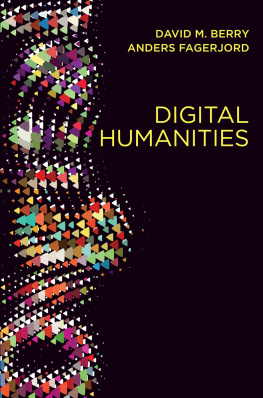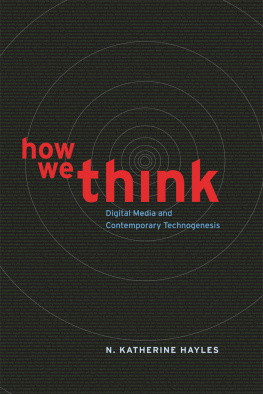Eric T. Meyer - Knowledge Machines: Digital Transformations of the Sciences and Humanities
Here you can read online Eric T. Meyer - Knowledge Machines: Digital Transformations of the Sciences and Humanities full text of the book (entire story) in english for free. Download pdf and epub, get meaning, cover and reviews about this ebook. year: 2015, publisher: MIT Press, genre: Politics. Description of the work, (preface) as well as reviews are available. Best literature library LitArk.com created for fans of good reading and offers a wide selection of genres:
Romance novel
Science fiction
Adventure
Detective
Science
History
Home and family
Prose
Art
Politics
Computer
Non-fiction
Religion
Business
Children
Humor
Choose a favorite category and find really read worthwhile books. Enjoy immersion in the world of imagination, feel the emotions of the characters or learn something new for yourself, make an fascinating discovery.

- Book:Knowledge Machines: Digital Transformations of the Sciences and Humanities
- Author:
- Publisher:MIT Press
- Genre:
- Year:2015
- Rating:5 / 5
- Favourites:Add to favourites
- Your mark:
Knowledge Machines: Digital Transformations of the Sciences and Humanities: summary, description and annotation
We offer to read an annotation, description, summary or preface (depends on what the author of the book "Knowledge Machines: Digital Transformations of the Sciences and Humanities" wrote himself). If you haven't found the necessary information about the book — write in the comments, we will try to find it.
An examination of the ways that digital and networked technologies have fundamentally changed research practices in disciplines from astronomy to literary analysis.
In Knowledge Machines, Eric Meyer and Ralph Schroeder argue that digital technologies have fundamentally changed research practices in the sciences, social sciences, and humanities. Meyer and Schroeder show that digital tools and data, used collectively and in distributed modewhich they term e-researchhave transformed not just the consumption of knowledge but also the production of knowledge. Digital technologies for research are reshaping how knowledge advances in disciplines that range from physics to literary analysis.
Meyer and Schroeder map the rise of digital research and offer case studies from many fields, including biomedicine, social science uses of the Web, astronomy, and large-scale textual analysis in the humanities. They consider such topics as the challenges of sharing research data and of big data approaches, disciplinary differences and new forms of interdisciplinary collaboration, the shifting boundaries between researchers and their publics, and the ways that digital tools promote openness in science.
This book considers the transformations of research from a number of perspectives, drawing especially on the sociology of science and technology and social informatics. It shows that the use of digital tools and data is not just a technical issue; it affects research practices, collaboration models, publishing choices, and even the kinds of research and research questions scholars choose to pursue. Knowledge Machines examines the nature and implications of these transformations for scholarly research.
Eric T. Meyer: author's other books
Who wrote Knowledge Machines: Digital Transformations of the Sciences and Humanities? Find out the surname, the name of the author of the book and a list of all author's works by series.

